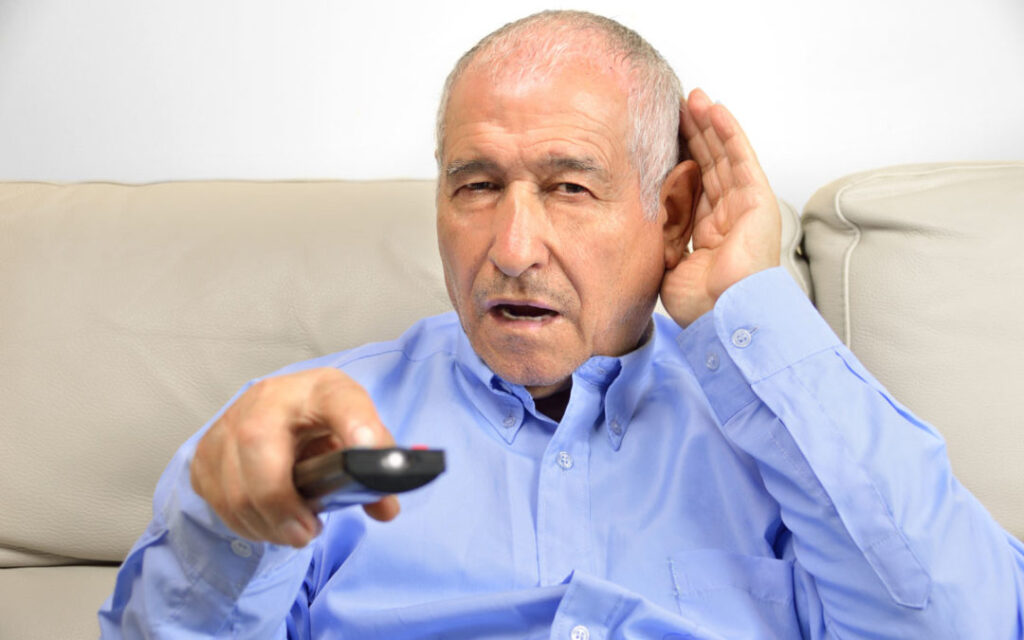If you’re asking yourself the question “Do I need a hearing aid?” then you realize that you may be missing out on some important parts of your life and a hearing amplifier could do some good.
An ear sound amplifier can help increase your natural hearing ability, if pursued in time. Yet, most people wait too long to ask that question (and do that search on Google).
“The average person has been having trouble hearing for 7 to 10 years before they come in — they say it’s only been a few months, but we’ve found it’s years.” – says Dr. Eric Hagberg, Audiologist in Youngstown, Ohio and President of the Academy of Doctors of Audiology.
Unfortunately, we often hear numbers close to this statistic echoed by our own customers. “I resisted getting a hearing device for about 5 years, partly because of vanity, partly the cost.” – Mike, Kentucky.
There are some common ways to get a general understanding of whether you have a hearing issue or not. If you find yourself in any of the following situations, we recommend getting a test soon to test for hearing loss. (But not before finishing this article which outlines some possible scenarios and solutions.)
- Difficulty hearing conversations
- Difficulty hearing in crowds
- Always turning up the television
- Missing calls and visitors
- Missing the sounds of nature
- People tell you that you need help hearing
The broader question
Implied in the question “Do I need a hearing aid?” is a broader question “Do I need help hearing?” The reason that’s a different question is that there are hearing devices on the market today besides hearing aids which can help.
Over the last few years, the government recognized a new classification of hearing device. This device is making huge changes in the assisted hearing market. Known as a personal sound amplification product (PSAP), these ear sound amplifiers provide hearing aid quality at a tenth of the cost.
So, if you think the answer to the question “Do I need help hearing?” is yes, then you get to the question posed in the title of this post: “Do I need a hearing aid or a hearing amplifier?”
The obvious first step to answering that question is to understand the difference in the two.
The difference between hearing aids and hearing sound amplifiers
Hearing sound amplifiers can look like a hearing aid and function like a hearing aid. The difference is that they need the help of a professional to buy, fit, or program. PSAPs are to hearing aids what reading glasses are to prescription glasses. You can go to a drug store and try on different reading glasses to see which works best. These work well and without having to consult a professional. Likewise, many PSAPs offer several presets which you can try with a click of a button to see which works best for you.
One important difference is that hearing amplifiers are not meant for use by people with severe hearing loss. If you’ve received hearing test results with scores in those categories, you need to see a professional and get hearing aids. (To put that in perspective, that’s about 30 percent of people who have hearing loss.)
But for those with more minor hearing issues, hearing amplification devices can be very helpful.
Another distinction is cost. Over-the-counter hearing amplifiers are available at a fraction of the cost of high-end hearing aids.
There is a wide range of products in the personal amplifier segment. Some of the better devices include many of the same sophisticated options you find in high-end hearing aids such as directional (noise-reduction) settings, feedback cancellation, and telecoil functionality (for phone conversations).
Now that you know a little about the differences between hearing aids and hearing amplifiers, you can continue your research and find the right solution for you.
A good next step would be to read Hearing Amplifier questions we get the most.

